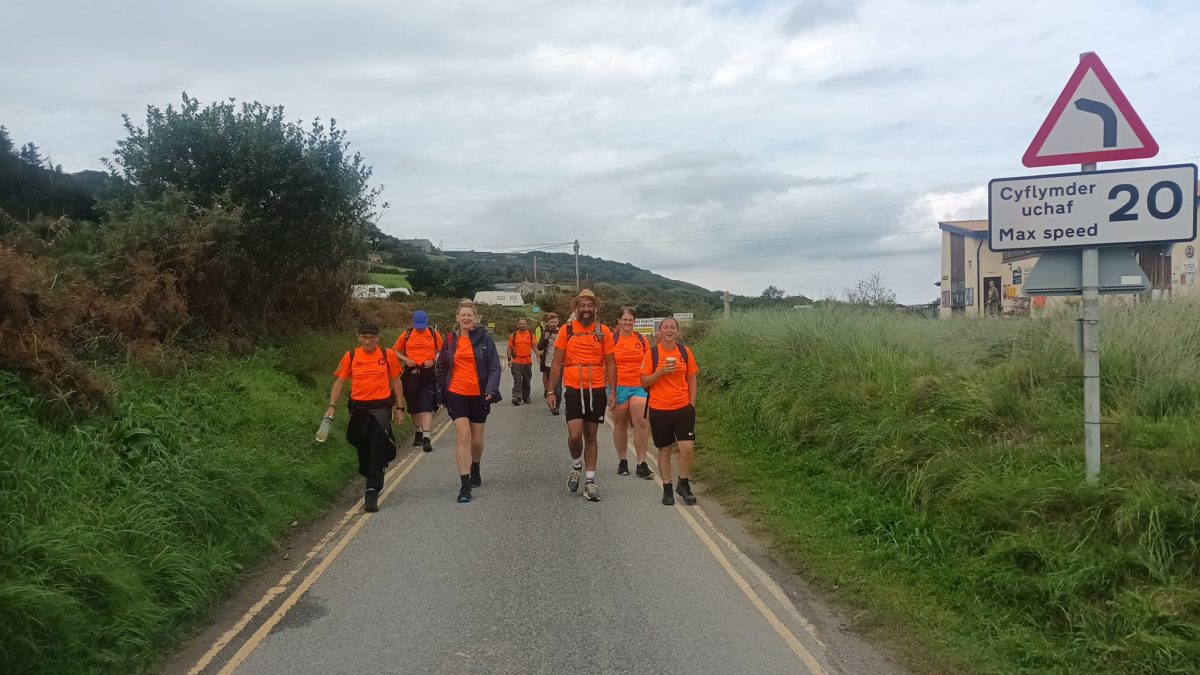Wulf Livingston has always paraphrased the role of treatment in the recovery journey as: ‘if you listen to the experts [people who have found recovery], the staying off is harder than the getting off.’ However, he points out that 90% of money is spent on helping people get off, while 10% is spent on helping people stay off. He and Marcus Fair agree that the balance in funding has to change.
James Deakin and Wulf agree that treatment services should focus on what they do best, which is helping people get off drugs and/or alcohol, but they should then pass their clients on to people in recovery who help them stay off. James emphasises that people who work in the medical model still don’t understand that. ‘It’s not rocket science,’ he says. Recovery has to be done organically.
James has been working in the field for 15 years and one of the recurring themes for the Welsh Government is the ‘revolving door’ of treatment. The situation of heroin addicts keeping leaving treatment and then coming back again time after time is increasing the risk of death by overdose.
Huseyin Djemil comes up with an interesting analogy of the situation with the treatment system.
‘You get these taxi drivers who convince people to get in the taxi and they take them to the station, and that’s treatment. But you then get out of treatment and you’re on the platform of the station, but you don’t know which train to get on to continue your onward journey and so you live on the station platform for a little while.’
You eventually go back to where you started, but the taxi driver finds you again and convinces you that he’ll take you to the station again. This continues again and again until eventually, the person lives in the taxi with the meter running. He points out that if you stay in treatment long enough, it’ll erode your ability to initiate recovery.
In the last clip, Wulf emphasises again that practitioners need to focus on getting people ‘clean and sober’ and then pass them on to peer-led recovery communities for their long-term recovery journey. Wulf and James agree that bureaucracy in the system gets in the way of this sort of necessary change occurring. James emphasises the strong positive values that exist in genuine recovery communities.



